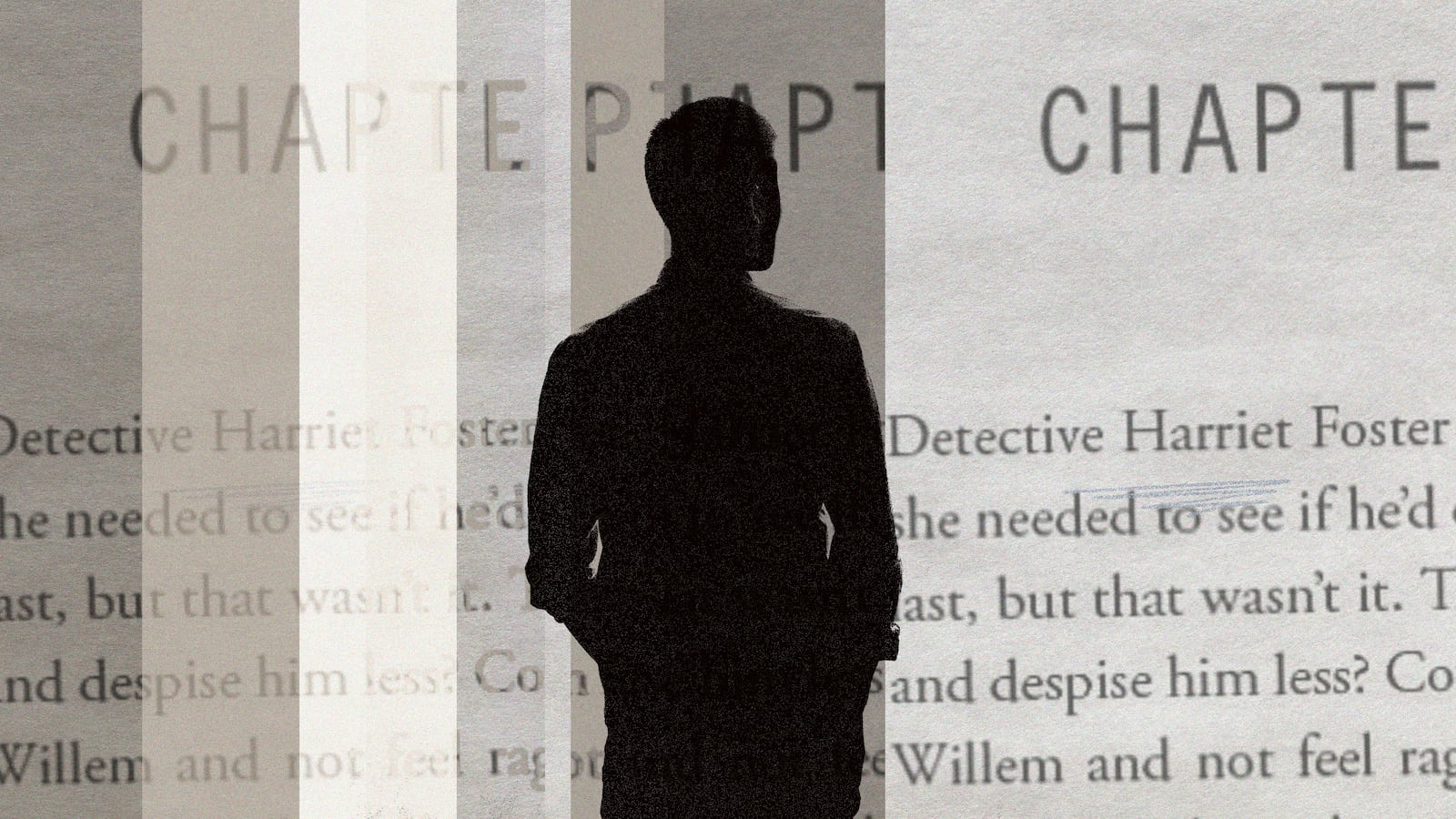Crime is a symptom of a failing somewhere. In the home. In schools. In society. Crime springs from a lack of an essential thing that was withheld or outright denied. This lack feeds anger and fear and hopelessness. Anger and fear turn hearts to stone and empathy quickly dies.
I’m not a sociologist, I’m a novelist, but both occupations require a deep understanding of people. When people lose empathy for others, when they forfeit their humanity to fear, the spark of humanness goes out. They are ghosts walking the earth.
Charles Dickens blamed this blight on society’s twin ills, Ignorance and Want. These two failures pointedly showed up in spirit form in his classic story A Christmas Carol as two street urchins, a boy and a girl, cowering beneath the robe of the Ghost of Christmas Present.
“Beware them both,” the giant ghost tells Scrooge, “and all of their degree, but most of all beware this boy…”
The boy is Ignorance, and he and his sister speak to society’s moral responsibility. When we fail to address either of them, when lack and darkness is all there is, well, we know what happens next.
This is where my stories and characters usually start, not with the symptom, which is crime, but with the cause, the lack, the fear, the anger, the brokenness. With the ignorance and want and “all of their degree.”
The why is found in every character I write. It’s hiding under each character’s skin. For the cop, the why is behind the badge. For the killer, it lurks in the black-hearted disconnect that grips the gun, the rope, or the knife.
The why of crime in fiction is important, or else the depiction of it is gratuitous and meaningless. The gunfight does not register if we don’t care about the characters wielding the iron. The outcome only becomes important when we know what’s at stake for the characters. Is White Hat fighting for the survival of the town? Is Black Hat really an anti-hero fighting to topple a corrupt sheriff who preys on the weak? Stakes matter.
Motivation too.
The great crime writer P.D. James once said, “All the motives for murder are covered by four Ls: Love, Lust, Lucre, and Loathing.”
It’s true. Pick a murder, any murder, real or fictional, there’s an L in there somewhere. The four Ls are human things. Everybody loves someone. Same holds for hate. Any of us could name at least five people we’d gladly toss off a lifeboat. Humanness.
As writers we try to reflect humanity back onto itself. Book people should ape the real thing or else how on earth will readers know them, recognize them as human, engage with them, love or despise them?
Characters, at least the best ones, the ones we remember, cannot be perfect because real people have zero possibility of achieving perfection. My female cop cannot be Wonder Woman, as great as Wonder Woman is, because superheroes are not human and do not exist in the real world. So, the characters I create must be perfectly imperfect. All of them, not just my protagonists and antagonists. Every character all the way down the line. If a character has a pet dog or cat, even the dog or cat has to have something going on. Nobody can live on the page blemish free.
This is where backstory comes in.
I write the Detective Harriet Foster series, a police procedural set in Chicago. Harriet, Harri, works with a dedicated team of homicide cops to work the mean, gritty streets of the Windy City hunting murderers.
When we meet Harri, she is just off two months of personal leave following the suspected suicide of her longtime partner. I heap this loss upon another, the devastating murder of her 14-year-old son. A divorce followed. Harriet’s once full and vibrant life has now shrunk to the width of a pinprick. Loss. Grief. Regret. Guilt. All of these things weigh on her as she tries to push forward.
Det. Harriet Foster is a woman in crisis. She’s a woman grappling with the effects of trauma. What mother fully survives the death of a child? How can Harri commit to protecting others when she couldn’t protect her own? Doubt. Self-recrimination. Profound grief.
How can she be the police when she can’t even walk inside the police station?
Every character has to be this layered, this full of humanity. Real people have stuff. Book people have to have stuff too. Nothing in a character’s life should be untethered from challenges or tension or conflict or reality. Harri leads a dual existence. She is brilliant on the job, but at the end of her shift when she goes home to a house that is only that, she’s like a clock with no hands. Stuck. She exists, she does not live.
The same sensitivity, the same why of a character, has to be paid to the antagonist of the story. The “bad” guy must also have things that drag him under. And he doesn’t think he’s bad, he’s just using the tools he was given in the way he knows how to use them. Maybe he’s the product of abuse or neglect. Maybe there’s a core fear there. Anger we know stems from fear. Killers kill to satisfy something that’s lacking inside them, or at least that’s the premise. We go back to Ignorance and Want. The twin societal failures.
Take Rhoda Penmark in William March’s 1954 book “The Bad Seed.” Granted Rhoda’s got some issues, but she doesn’t think so. She thinks she’s doing just great. She dresses nicely, she plays the piano. She’s got those pigtails. But Rhoda wants what she wants when she wants it and doesn’t see why she shouldn’t have it. Those who stand in her way, like that weaselly Leroy, who wouldn’t give her those shoes, well, they were asking for it, weren’t they? Rhoda was born this way. We can explore the why of her crimes all the livelong day and we’d likely only get as far as the tip of the iceberg.
Or take Jesse Stone, Robert B. Parker’s ex-LA cop fired from the big city and transplanted east to the tiny town of Paradise, Massachusetts, where he also eventually got fired as chief of police. Jesse is a recovering alcoholic. He pines for his ex-wife and can’t bring himself to disconnect from her. Jesse lives with a dog. The dog listens but cannot counsel. Jesse is stuck in a funk but still has to function. There’s crime in Paradise. Corruption. Murder. Even small towns have whys.
Villain and good guy. Different, but the same. Both are affected by something that pulls them forward for evil or good. Both are lousy with layers of human stuff (even psychopathy in Rhoda’s case) that turns the wheel, sparks action, and keeps a story moving.
Det. Harriet Foster makes some progress in book two, but not much. Most real people don’t turn from trauma on a dime, and so Harri cannot. But her new partner, Det. Vera Li, sees her. There is something to be said for the person who throws you a lifeline and then stands there to pull you up out of the hole. That person is Li.
This central relationship in the series accounts for the major push and pull threading through the stories. Harri and Vera are not the same, but they complement each other. Each has something the other lacks. As a whole they are complete.
This partnership, this interplay, which I intentionally do not make easy, exists beyond the scope of whatever case these two cops are working on. Foster and Li are the foundational characters upon which all the other characters stand. The central question in the series is whether or not Harriet will be able to reclaim her life and find joy in it. She and her team will catch a thousand killers before Harriet inches her way toward wellness.
Hopefully, because Harri has stuff and Vera has stuff, and all the characters have stuff, readers will get invested in whether or not they survive and get better and grow. That’s what I aim for.
Of course, crime is important in crime fiction, but the why of the crime matters more to me. I am character driven. There are 8 million stories in the naked city, the famous line goes, and I’m nosey enough to want to know every last one of them.
Why?
Because a killer doesn’t just kill. Because a cop is more than a gun with arrest powers. Levels. Layers. Emotions. Nightmares. Lost opportunities. Inherited sins. Drilling down on characters, fleshing them out, putting meat on the bones, giving them complicated lives, messy lives, pulls readers in, but only their humanity can do that.
Killers hurt. Cops cry. The morality play that is the modern police procedural is the perfect platform in which to explore all of these elements while balancing the eternal good vs. bad conflict. But even that can’t be easy.
Who is good? Who is bad? The bad guy is the sum of his backstory. The same holds for the good guy, the cop. The killer is not a straight arrow, neither is Harri. Book lives hang out in the gray areas. The good and the bad have to come to the page tempest-tossed, or we won’t get the why.
We have to see what our characters are made of or there’s no point in reading… or writing.

Tracy Clark is the author of the Cass Raines series and the Detective Harriet Foster series, and the 2020 and 2022 winner of the G.P. Putnam’s Sons Sue Grafton Memorial Award and the 2022 Sara Paretsky Award. Her latest novel, FALL, is out now.







